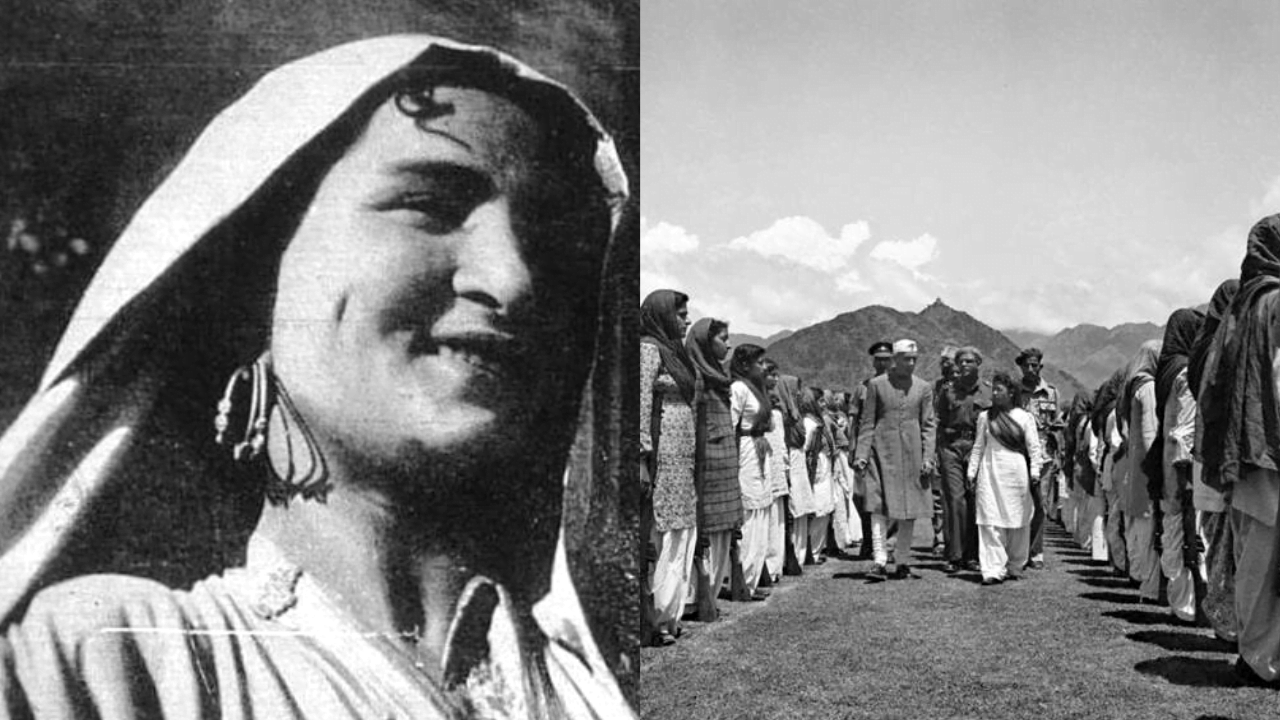Following the collapse of the Sikh Empire in the mid-19th century, the British East India Company granted control of Kashmir to Raja Gulab Singh of the Dogra Kingdom as a reward for his support during the Anglo-Sikh war of 1845-46. Gulab Singh, who controlled the Jammu region, later combined Jammu with Kashmir and Ladakh to form the princely state of Jammu and Kashmir as authorised by the British Raj. The Dogra dynasty, which emerged from the Dogra community of Jammu, ruled Jammu and Kashmir for over a century, from the early 19th century until 1947.
Many Kashmiris harboured resentment towards the Dogra rulers because of the repressive policies towards the native Kashmiri population, which included exorbitant taxes, forced labour, and restrictions on their right to political freedom. This led to the emergence of a radical political movement in Kashmir aimed to undermine the Maharaja’s rule and advance greater independence and self-determination for Kashmiris.
During a time when politics was perceived as a male-dominated field and women had limited political influence, several Kashmiri women made their political debut. The history of Kashmir is filled with tales of women who resisted with bravery, and sacrifice, and showed an unwavering commitment to the cause of self-determination and justice.
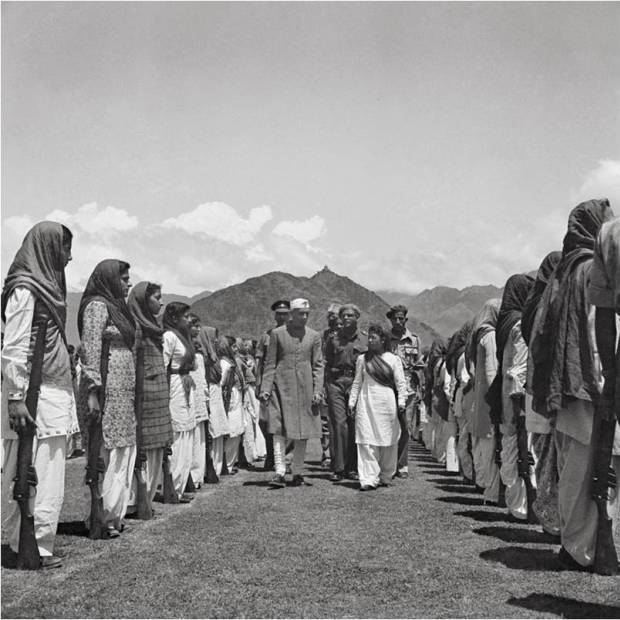
Krishna Misri symbolised courage and inspiration for the women of Kashmir. Her active participation in the women’s militia showed that women could play a crucial role in defending their homes. Begum Zainab and Begum Akbar Jahan were two prominent women who played an active role in the freedom struggle of Kashmir. They discarded purdah and took to the streets to fight against the oppressive regime of the Maharaja. Their efforts to collect donations and arrange relief for the victims of the Dogra rule’s corruption showed that the people of Kashmir stood united in their right to self-determination.
“Zuni Gujjari-a Muslim tribal woman during the turbulent times in Kashmir valley succeeded in falsifying every existing myth portrayed against women’s identity. She can be mentioned as the most trustworthy Comrade of NC-a left-leaning party of that time”, Dr Hakim Singh, Assistant Professor, Department of Political Science, CT University Punjab.
However, Zuni Gujjari, who exemplifies bravery and perseverance and who rose to prominence as a result of her participation in Kashmir’s campaign for independence from the Dogra rule, is a name forgotten today. Despite the dangers involved, she was renowned for her fearlessness and willingness to challenge the authorities, leading to her being incarcerated up to nine times for her political actions during the Maharaja’s reign.
Also Read: Queens Of Kashmir: How History Depicted Them As ‘Immoral’ & ‘Power Hungry’
Moreover, her husband even left her as a result of her participation in the movement. Sadly, Zuni’s sacrifice for her beliefs became even more poignant when her young son was tragically killed while participating in a protest. However, she remained undeterred in her pursuit of Kashmiri independence from the Dogra rule.
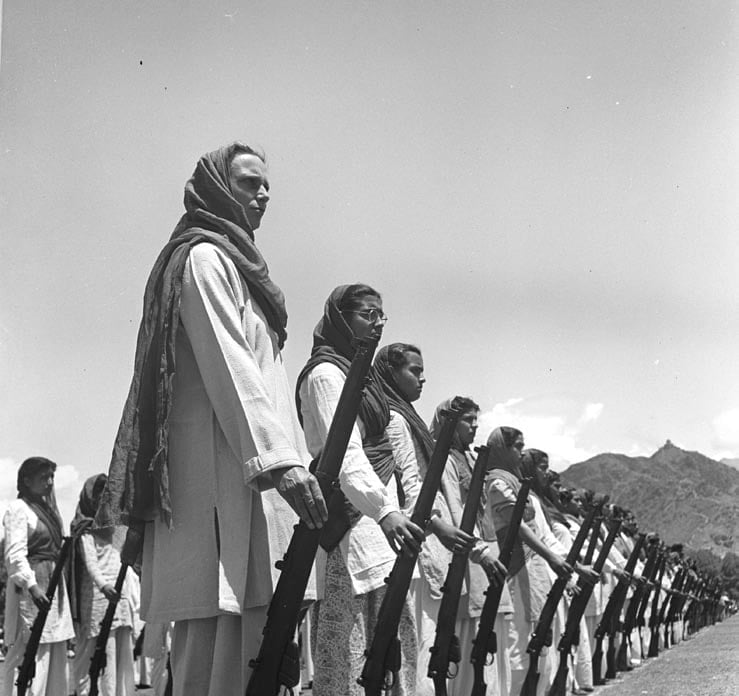
Zuni Gujjari has been instrumental in shaping the history of Kashmir, first during the Dogra era, then by fighting alongside India against Pakistan and advancing India’s cause for independence. When the invasion of Kashmir by Pakistani tribesmen on October 22, 1947, occurred, it served as a catalyst for people to take up arms and fight for their homeland’s liberation. A people’s militia was established and members from every religious background were recruited.
Also Read: Analysing The Land Eviction Campaign In Jammu And Kashmir
The Women’s Self-Defense Corps, the women’s division of the militia, was formed on the sidelines and Gujjari quickly signed up for the women’s militia. It’s essential to note that the National Conference was a party with significant influence in Kashmir at that time, and was in favour of joining India.
Krishna Misri symbolised courage and inspiration for the women of Kashmir. Her active participation in the women’s militia showed that women could play a crucial role in defending their homes. Begum Zainab and Begum Akbar Jahan were two prominent women who played an active role in the freedom struggle of Kashmir. They discarded purdah and took to the streets to fight against the oppressive regime of the Maharaja.
However, the imprisonment of National Conference leaders triggered the rise of the Women’s Self-Defence Corps, a women’s militia in Kashmir, with Zuni Gujjari and other women being pioneers. Her contributions to the liberation struggle of Kashmir serve as a testament to her courage and dedication to the cause.
“Zuni Gujjari-a Muslim tribal woman during the turbulent times in Kashmir valley succeeded in falsifying every existing myth portrayed against women’s identity. She can be mentioned as the most trustworthy Comrade of NC-a left-leaning party of that time”, Dr Hakim Singh, Assistant Professor, Department of Political Science, CT University Punjab.
Also Read: In A Climate Of Repression, Freelance Journalists Remember The Kashmir Press Club That Was
“She served as an army leader to defend her people and land from both internal as well as external forces when women were also seen as a symbol of wickedness, weakness, evil and mistrust, ignorance, etc. She became a part of the mainstream nationalist movement when women from her community were totally ignorant, illiterate, unemployed, and dispossessed and their role was limited to cooking, animal rearing, etc. And her type of bold and militant comradeship against the oppression in this region originated with her only,” Dr Hakim Singh added.
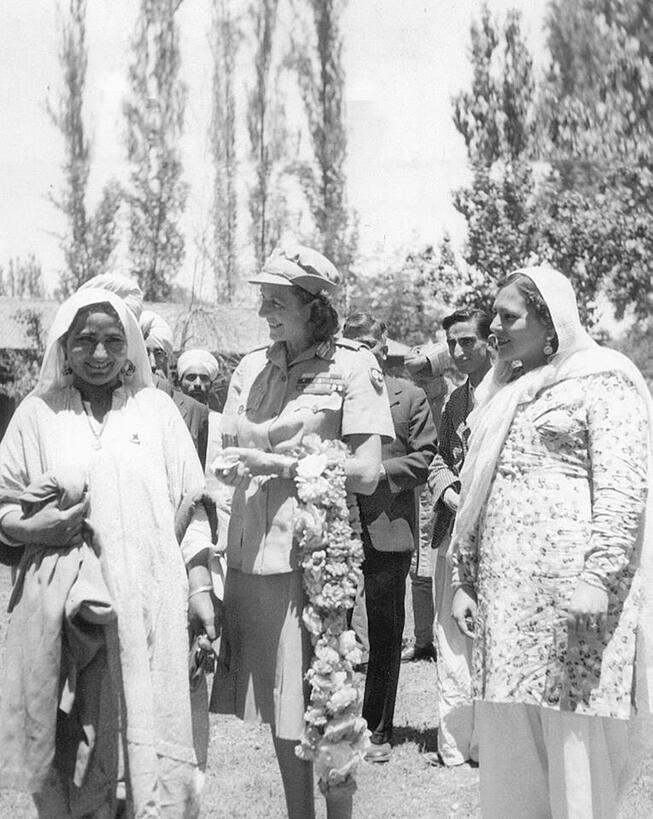
Zuni Gujjari persevered in her cause despite these obstacles and became a representation of resistance for many Kashmiris. Her life and legacy have come to represent the struggle for regional independence as well as the sacrifices made by countless Kashmiris in support of this cause. She continues to motivate future generations to carry on the fight by serving as a reminder of the bravery and tenacity of those who have struggled for freedom and justice in Kashmir.
I shall march forth with a machine gun in hand,
I shall not let the raiders encroach on my garden;
I shall paint my nails with the blood of those that covet me,
Long live the revolution, hail, hail the revolution!
These lines are an English translation from Mirza Ghulam Hassan Beg Arif’s poem “Inquilab Zindabad” for praising women like Zuni Gujjari.
Also Read: Habba Khatoon: The Greatest Poet And Peasant Queen Of Kashmir | #IndianWomenInHistory
Although the Women’s Self-Defence Corps, the militia’s official name, probably had fewer than 100 members, it garnered a lot of attention and celebration. While never engaging in battle, the militia members underwent rifle training, raising the possibility that there was a conscious effort to portray the group as a representation of the progressive nationalist movement’s idea of a “New Kashmir”. Beyond only being a part of the militia and appearing in propaganda pictures, women greatly impacted Kashmiri nationalism in the 1940s.
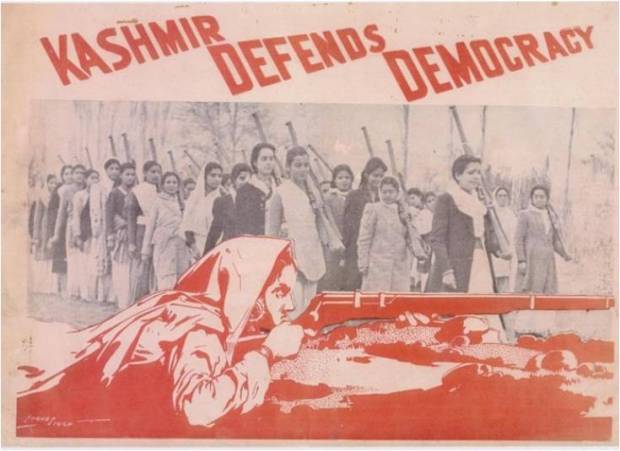
A comprehensive and forward-thinking political programme known as “New Kashmir” was developed by communists and influenced by Soviet texts. It contained a section on women’s rights that demanded equal pay, paid parental leave, access to a range of trades and professions, property ownership and inheritance rights, and the ability to agree to marriage.
The men’s substantially larger militia was subsequently incorporated into the Indian armed forces after the women’s militia was disbanded at the end of 1948. The role of women in Kashmir’s struggle for autonomy has been significant and often overlooked.
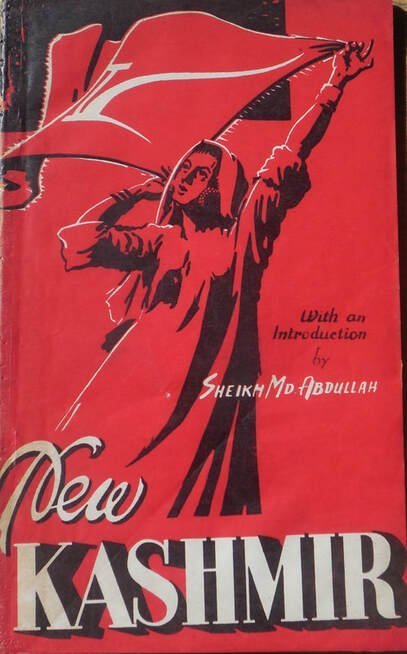
From Zuni Gujjari’s bravery and sacrifice to the establishment of the Women’s Self-Defence Corps, women have been at the forefront of the fight for freedom and justice in Kashmir. Their contributions have helped shape the region’s history and continue to inspire future generations to carry on the fight for freedom and equality. As we reflect on the past and work towards a better future, it is important to recognise and celebrate the role of women in Kashmir’s struggle for freedom and justice.
About the author(s)
She is a Research Scholar, currently dedicated to pursuing her doctoral studies in the field of Political Science and International Relations. With more than ten years of hands-on experience across various media-related domains, she has established herself as a seasoned Media Professional.
